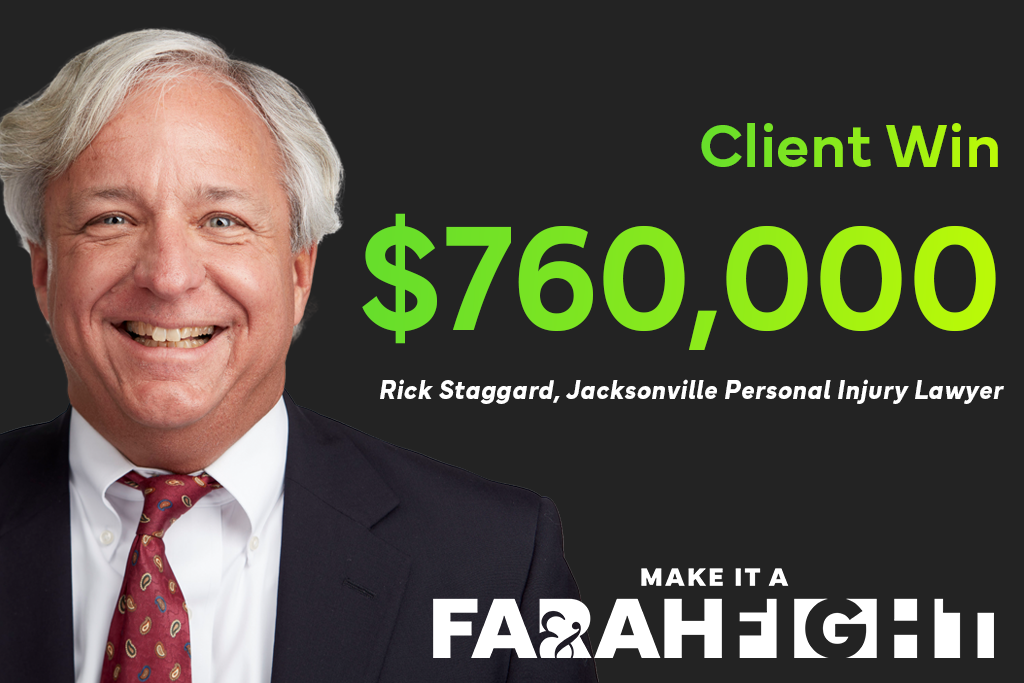Navigating the legal world can be daunting, especially when you’re experiencing some of the most difficult times of your life. If you’ve been injured in a car accident, for example, and the insurance company isn’t willing to pay what you deserve for your medical costs and lost wages, you may already be short on money. In a situation like this, looking for an attorney who charges based on a contingency fee instead of hourly can make a world of difference.
What Is a Contingency Fee?
A contingency fee is a type of payment in which the receipt of the fee is contingent on a particular circumstance. In the legal realm, an attorney who charges contingency fees would only be paid in the event that the case was successful. This fee would be a percentage of the total winnings or settlement and is agreed upon beforehand.
Common Types of Contingency Fee Cases
Contingency fees are a common billing method in certain types of law. Lawyers in personal injury cases, worker’s compensation, and other civil cases often are paid on a contingency fee basis. Family law and criminal cases don’t generally see contingency fees charged and are instead billed hourly.
Why Does Farah & Farah Charge Contingency Fees?
Many attorneys charge hourly, which can get very expensive for clients very quickly. A lot of people who need the services of a lawyer may not be able to afford this. Farah & Farah chooses to use the contingency fee model of payment instead because it means that clients who need our help can still get it regardless of their ability to pay ahead of time. Our fees are calculated as a percentage of the winnings so that our clients won’t have to pay a dime unless their case is resolved successfully. This could mean either that a case went to trial and the client won there or that the case was settled successfully out of court.


If you were injured in an accident due to someone else’s negligence, Farah & Farah is here for you. We’ve relentlessly fought for the right to compensation for our clients and their families since 1979.
Advantages of a Contingency Fee
There are a number of reasons why a contingency fee can be beneficial for a client:
No Upfront Fees
Hiring a lawyer can be expensive if they’re charging hourly. If you’re already struggling to pay your medical bills and are unable to work, you might not have anything to spare to hire a lawyer on your behalf. The lack of an upfront fee means that you can still hire a lawyer to take your case even if you don’t have the money to pay for it yet.
Your Attorney's Interests Are Aligned With Yours
An attorney charging by the hour will make the same amount of money no matter what the result of the case is. In some instances, it may be in the attorney’s best interests to make the case take longer than it might otherwise because they would get paid more. With a contingency fee, your attorney doesn’t get paid until you do and would also be more invested in doing their best to ensure a greater outcome.
Reduced Financial Risk
In the unfortunate event that your case may be lost, you wouldn’t owe any attorney’s fees. There could be certain case expenses or disbursement fees, depending on the case and the client’s arrangement with their attorney, but the attorney’s fees for their services would not be owed by the clients.
Downsides of a Contingency Fee
Despite the benefits of charging based on a contingency fee, there are some potential downsides to consider.
Lower Potential Recovery
Because the attorney is paid an agreed-upon percentage of the ultimate recovery, this means that you would take home less total. However, it’s a tradeoff for avoiding the upfront fees that would otherwise be charged. Attorneys can’t work for free and there would be payment for services at some point during the case, it’s just a matter of whether it’s upfront or afterward.
Selective Case Loads
Attorneys who charge on a contingency fee basis may have to be more selective about the cases they’re able to take on. Some, especially those working at smaller firms, may prioritize those that they believe have a greater chance of winning.
Expense Costs
It’s important for clients hiring a contingency fee-based attorney for their case to clarify who is responsible for any non-service expenses. There could be some case expenses that don’t qualify as attorney’s fees that a client could be responsible for in certain circumstances. You can ask in the initial meeting what you would be liable for so it’s clear from the beginning.
Questions To Ask Before Hiring an Attorney With a Contingency Fee
If you’re considering hiring an attorney who charges a contingency fee instead of hourly services fees, ask the following questions in your first meeting with your attorney:
- What percentage of recovery will be paid to the contingency fee?
- Who is responsible for case expenses if the case is unsuccessful?
- What happens if the case settles quickly or without going to trial?
- Can the contingency fee percentage be negotiated?
Hiring Farah & Farah on a Contingency Fee Basis
In order to be more accessible to those who need our help, we operate on a contingency fee basis for all of our cases, whether it’s personal injury or worker’s compensation. We’re more than happy to discuss that fee with you the first time we meet so that everyone clearly understands the arrangement. We are a large firm with the resources to help you in your most trying times, but we operate like a small firm so that we all work together as a team in each of our client’s best interests. If you are considering hiring an attorney for your case, contact Farah & Farah today.










